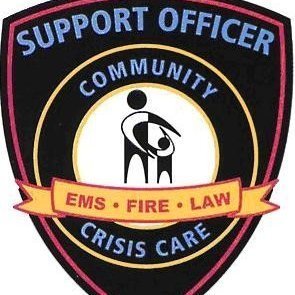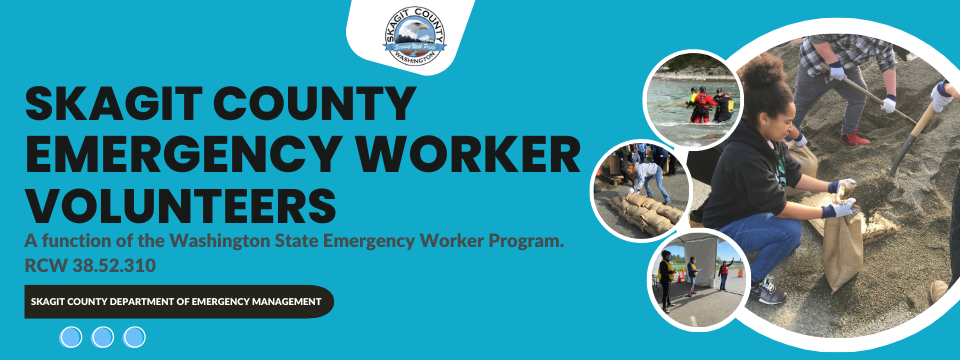

Who We Are
The Support Officer Community Care program was started in March 2002. Since then they have touched thousands of families in Skagit County.
Support Officers respond about 100-200 times a year and donate over 800 hours of service every year.
We are a Division of the Skagit County Fire Chief's Association. Most Support Officers are Volunteer Firefighters in their local fire departments and work closely with all first responders throughout the county. We are trained and well versed in the operations and activities of the fire service, emergency medical services and law enforcement to provide knowledgeable, compassionate care and support for all who are involved.
What We Do
No one is immune from crisis. Tragedy or sudden death can strike anyone at any time. Support Officers help those left in sudden shock and grieving understand what to expect in the days and weeks ahead following a crisis. This program exists to provide care when an individual's normal psychological and biological coping mechanisms are threatened. Support Officers offer their services free of charge, regardless of a family's financial situation. However, we depend on tax-deductible individual and corporate donations to provide this level of care.
In times of crisis, the Support Officers assist first responders throughout Skagit County to provide additional support for people outside the normal scope of first responders and allow emergency workers to get back into service more quickly. The goal of this program is to care for all members of our community to help everyone survive and eventually thrive following crisis.
The Support Officers are all volunteers and are "on call" 24 hours per day, 7 days a week. They can be requested through the Skagit 911 Dispatch Center for any incident. They are also paged out automatically for:
- A working structure fire of second alarm or greater
- A Critical Incident
- Injury or Death of a Firefighter
- Any incident including the possibility of a fatality or serious injury
Support Officers have been trained to report to, and work within, the Incident Command System. Their first contact will generally be to the Incident Commander on the scene who will then direct them to the areas of need.
The Support Officer will coordinate total victim needs and continue developing a
"post-event" plan of action involving appropriate support. This may include:
- Notification to the family members
- Identify immediate needs and assist in accomplishing them
- Notification to other support agencies(with your permission).
- Establish (as the family allows) a natural follow-through relationship.
- Make note of any problem areas that will need future attention.
They will communicate with Incident Command and advise Command of their current tasks and any special needs. All of the Support Officers have had advanced training in Crisis Intervention, Personal Counseling, and have a working knowledge of Law Enforcement procedures, Emergency Medical Response, and work closely with the local hospitals, Coroner's Office and local funeral homes.
You will never care how much we know, until you first know how much we care. You are not alone.
SOCC is volunteer-based and can only be called to respond via 911 or during a County EOC activation. Individual requests for response cannot be fulfilled.


